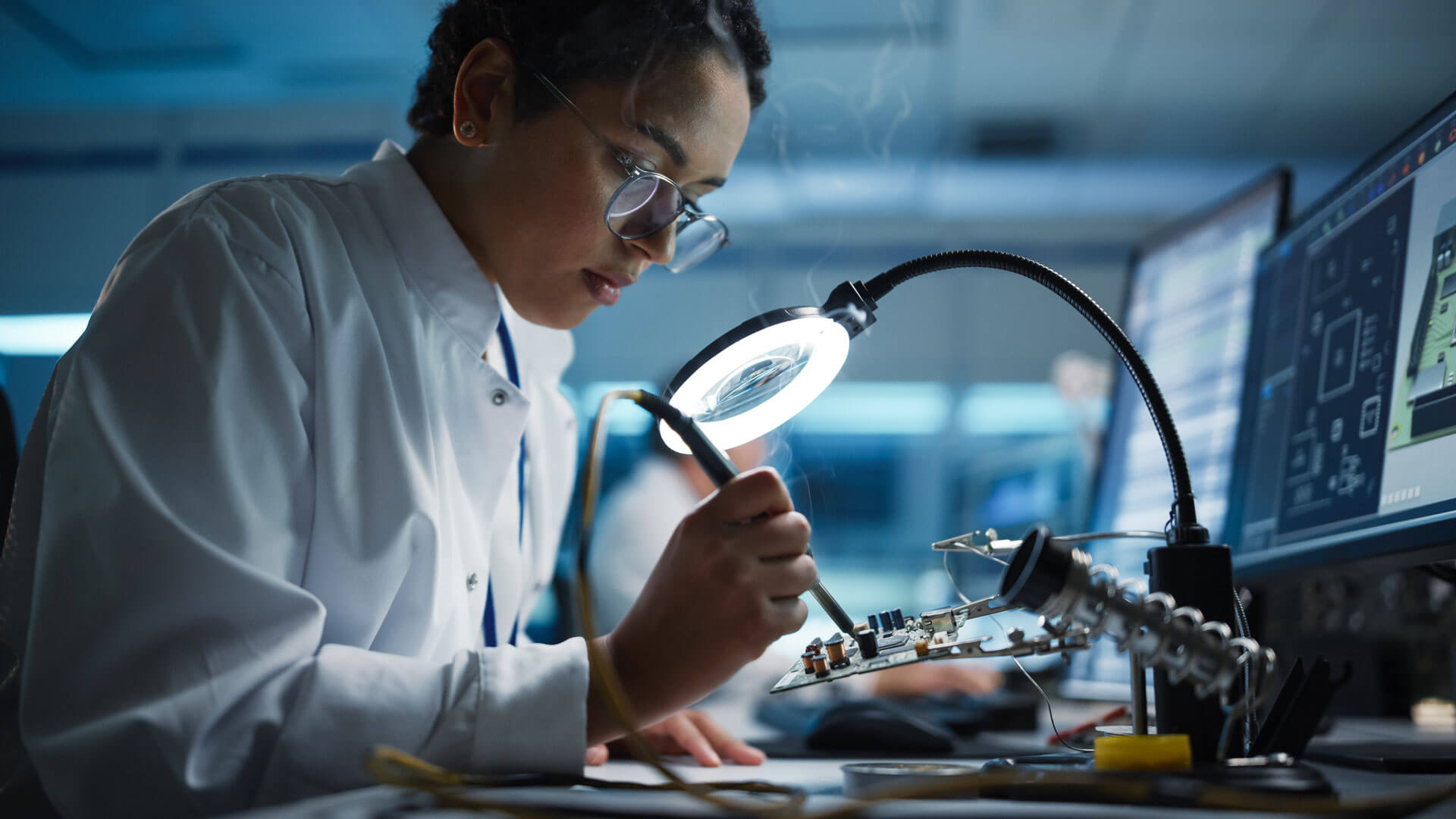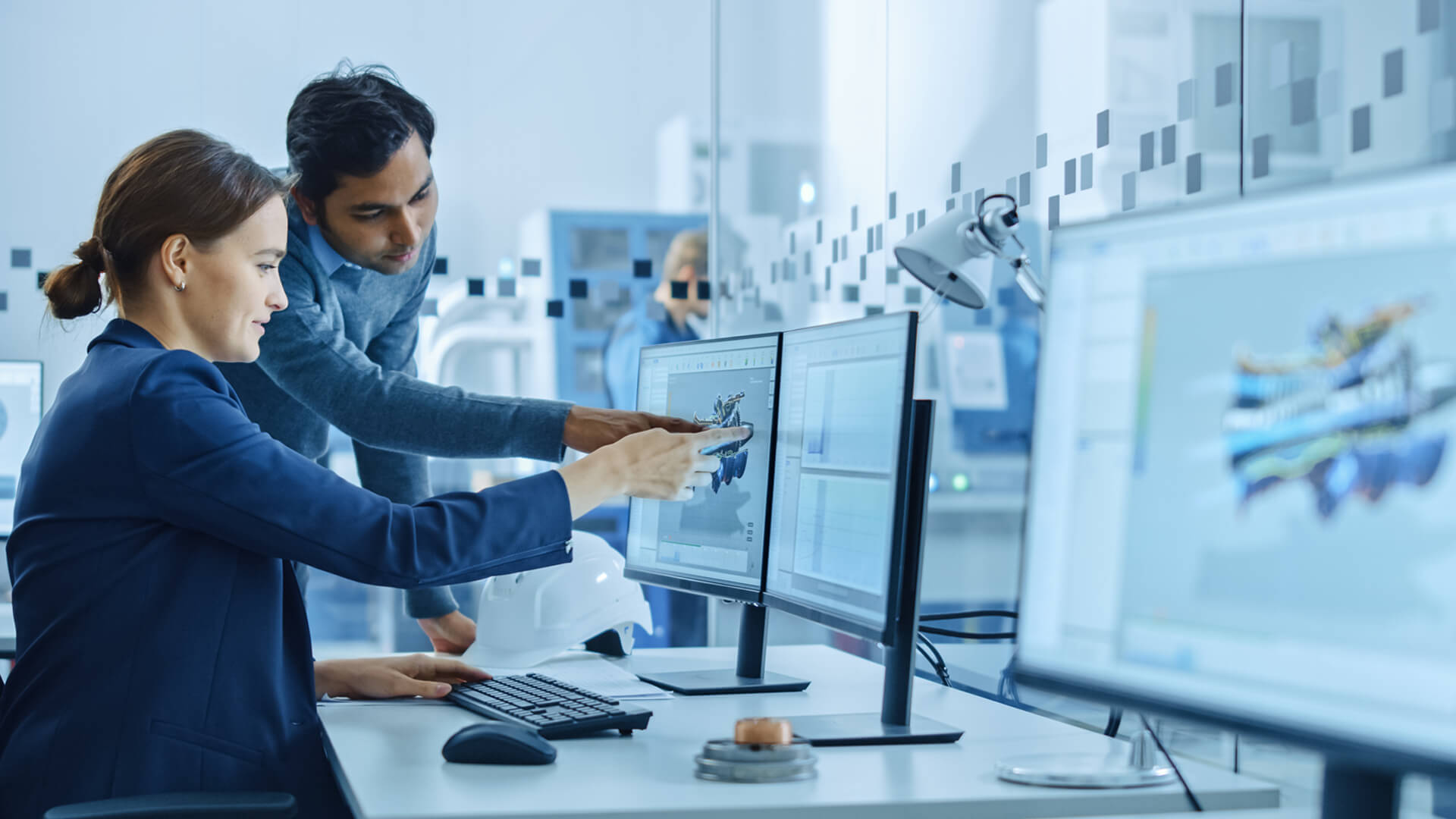Engineering Advances Demand Heightened Focus on Safety
Engineering-related companies today operate on the cutting edge of new technologies and developments that are revolutionizing industries and providing a wide range of benefits. These advances, including artificial intelligence, augmented reality, autonomous driving, IoT, cloud engineering, Industry 5.0, 5G, WiFi6 and cybersecurity, however, also require a new focus on related safety challenges.
As the complexity and connectivity of the systems increases, safety and security are also required to rise up to meet new standards. Safety design has become a major part of the project lifecycle in nearly all product designs, and engineers now must establish all possible safety measures to ensure their systems behave as expected in any given conditions. Cybersecurity also plays a major role in this era, as we hear more and more stories on cyber traps and hacks in security systems, access control systems and connected vehicle systems. Security and safety have become a must-have requirement of all such systems.
What does the rapid evolution of technology look like in the industry, and how does it relate to safety issues? Let’s look at three engineering sectors most impacted:
Automotive
Autonomous, electric and connected vehicles are now common on the roads now, including makes and models that came onto the market over the past five years. Major original equipment manufacturers (OEMs) are challenged to ensure their technology allows them to remain competitive in the innovative electric car industry.
The complexities of the vehicle electronic control unit (ECU) now require more sensors, Artificial intelligence (AI), machine-learning based cybersecurity and sustainable systems added to the vehicle designs. Over the air updates, vehicle-to-vehicle (V2V) and vehicle-to-everything (V2X) communications and level 3-5 automation require much more complex algorithms and designs. IEC 26262 demands the functional safety design and ISO/SAE 21434 defines the cyber security engineering designs for automotive.
Industry 5.0
After the digitization and connected features of Industry 4.0, the industry is moving towards the fifth industrial revolution, which is more focused on human-machine intelligent cognitive computing. Humans and robots are going to collaborate to make more customized and personalized production. Creating remarkable changes in production and manufacturing.
The introduction of smart sensors, AI, connectivity and smart equipment help the industry become much more advanced. Many industries are adopting these techniques to change their legacy systems to the newer smarter efficient control systems. Mass customization, AI and cyber physical systems are fueling the industry 5.0 revolution, and all these systems require tight security and safety measures.
Avionics
The increasing complexity of electronic engine controllers and aircraft sensors, IoT and security are adding safety needs in avionics as well. The defense industry has spent billions of dollars on intelligent and precise defense systems and automatic dependent surveillance-broadcast (ADS–B). Airlines have invested millions of dollars in maintaining internet connectivity during flights. These advancements have also increased the demand for a workforce with the skills to ensure the safety and security of these new systems.
Seemingly every industry is adopting new technology, which has created an unprecedented need for engineering professionals. In the last five years, I’ve seen a tremendous increase in demands from multiple OEMs for engineers with expertise in functional safety and security, especially in the autonomous and electric car industries.
Satisfying the requirements for safety and security measures on new advances will continue to drive demand for engineering services and providers that can deliver the quality needed.
Want to learn more about how Actalent can help improve your high-tech security needs? Contact Actalent now.




